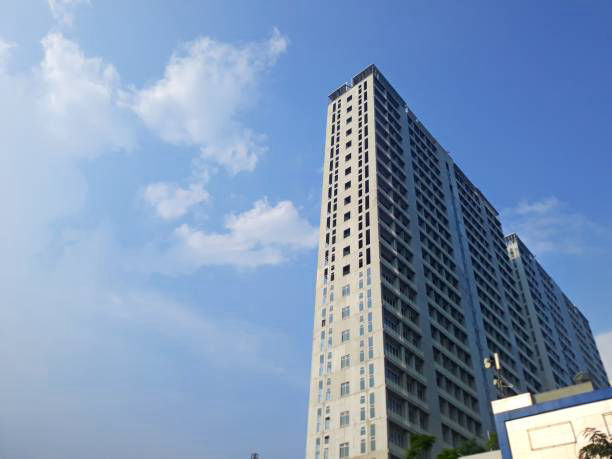In addition, property managers strive to maintain positive relationships, which can result in higher rates of tenant retention and satisfaction. The resulting vacancies are reduced, and the associated costs for turnover and marketing empty units are also decreased.
III. Maintenance and repairs: Proactive maintenance
Property managers are aware of the importance proactive maintenance and repairs in order to preserve your property's value and maintain tenant satisfaction. They can set up and manage a maintenance program, respond to maintenance problems promptly and ensure compliance with building codes and safety rules. By staying on top of maintenance, property managers are able to prevent expensive, unexpected repair costs and maintain your property's appeal.
IV. Legal Expertise, Risk Mitigation and Insurance
Property managers understand the regulations that apply to rental properties at all levels: local, federal, and state. They can assist you in navigating complex legal matters such as evictions, fair housing and lease agreements. Professional property management can reduce your risk of expensive fines, lawsuits and other legal disputes by ensuring compliance with relevant laws and regulation.
Reduced Vacancies through Effective Marketing
A good property manager will help you reduce the vacancy rate by marketing your property effectively to attract tenants. They can develop marketing strategies to showcase your property, quickly fill vacancies, and have qualified tenants. Renting out vacant units can increase your income, but it also increases the cost of renting them.
VI. The Work-Life balance for Property Owners
Property owners benefit from professional property management because it provides peace of mind, and improves their work-life harmony. You can spend more time on personal matters or other business ventures by delegating to a professional the daily tasks of managing property. You can relax knowing that your property is being managed by professionals who will handle all issues quickly and professionally.
Professional property management offers many benefits to property owners. These include improved tenant screening, retention and proactive maintenance. You can maximize the value of your real estate investments, boost your rental income, and have peace of mind by partnering with an experienced property manager. The benefits of professional property management can be far greater than the costs. This will lead to long term success and profitability in your real estate investments.

